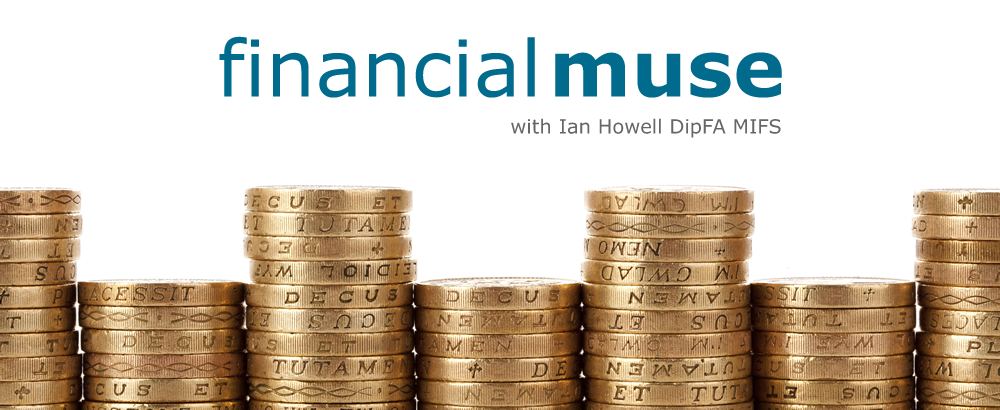EU or not to EU...
Welcome to my sixth bi-monthly commentary which I am writing to provide a perspective on what I am doing on a daily basis in my working life, and drawing attention to anything which has happened to me since writing the last blog.
I was born in 1971 so I am old enough to remember a time before we joined the European Economic Community, although I am not sure if I was fully aware of economic issues at the time. In 1973, as well as allowing a woman to enter the stock market for the first time in over 200 years, we entered into a union with France, Belgium, Italy, Luxembourg, West Germany and The Netherlands.
Thankfully, since then great strides have been made in equality (although some would argue not enough), but our economic co-existence with Europe is now back under the spotlight and everybody is talking about it. June 23rd seems a long time away but it will be here before we know it, and the media are keen to make sure we hear all the opinions beforehand.
So, we know when we have to vote, we know how we can vote but what do we know about the consequences of our actions? What do we know about which way our economic leaders, or our prospective future leaders of the country, will vote? In 99 days will we be any better informed than we are now?
Boris Johnson's statement was the first shot across the bow, and since then many economic commentators have made it clear that they are on one side or the other, or are pretty indifferent either way.
We have no company standpoint here at Nurture, but all of our clients and business associates are talking about this very big issue which is dominating our thinking in the lead up to the vote.
Although the economic impact on the British economy is uncertain we doubt that the economic outlook hinges totally upon it. UK economic indicators regarding wage growth, productivity and economic output all point to a very successful UK economy, and official trade statistics show that about half of British goods are sent to the European Union at the moment. So, in other words, 50% of exports are outside the EU. See how easily the switching of emphasis regarding the reporting of facts can distort a story to give it a different point of view?
From a financial services perspective, leaving the European Union would lose Britain it's "passporting rights" This is where say a Bank based in the US could open a branch in the UK and then sell to the European Union without setting up there. Could this mean that London is by-passed for another European base? Or could the passporting rules be of limited value when faced with adopting all European Union Financial Rules and losing our inability to influence or block any?
And how about growth outside of the European Union? There are many opportunities to increase our financial services exports to other areas of the world, such as China or Hong Kong, and one of the most well-known insurance companies, Prudential, has done just this making huge strides into Asian consumer markets.
For many the main issue for the Brexit debate is that of immigration. The movement of labour is a key issue but with many of our agricultural businesses locally highly dependent on migrant labour, would this mean a shortage of labour which could not be replaced from local workers?
My gut feeling is that the vote will be a close one. Fear of the unknown may cause many of us to be reluctant to change whilst others may feel that change is the only way for us to move forward as a country. Most people seem to expect the economic impact to be minimal, although the value of Sterling has certainly suffered since the announcement.
Membership applications by the UK to join the EEC were refused in 1963 and 1967 because the French President of the time Charles de Gaulle doubted the UK's political will.
It is understood, however, his real fear was that English would suddenly become the common language of the community.
We would be very interested to know your views - either as an individual or as a business. Please do get in touch!
Ian Howell DipFA MIFS

